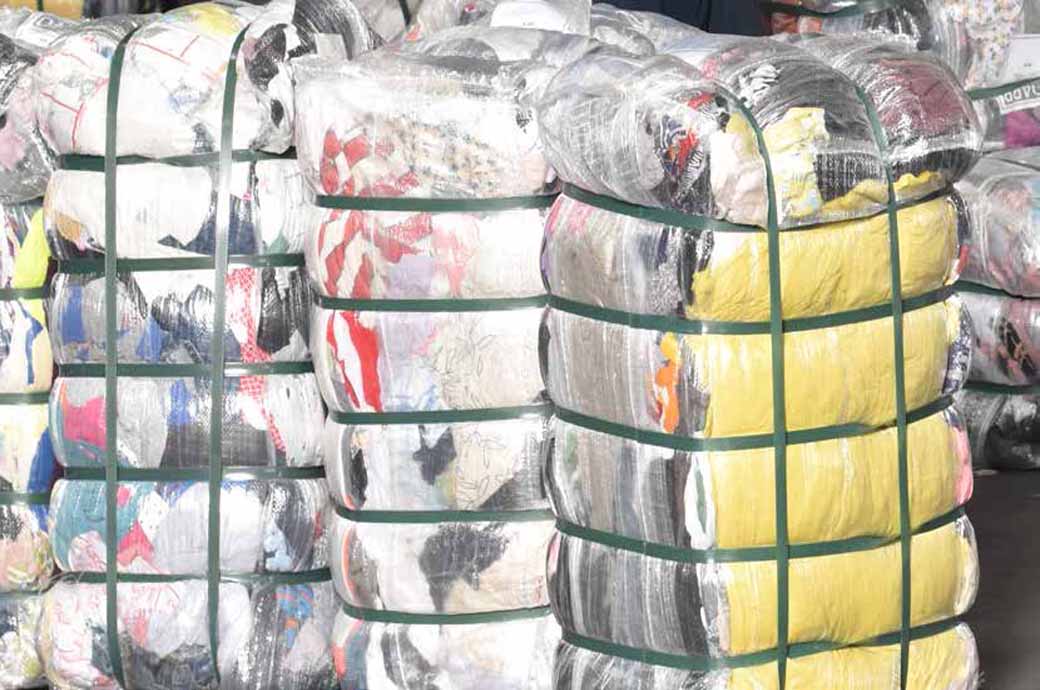
It also offers a valuable and dependable revenue stream for hard-pressed African governments, primarily through import duties, the study by independent development economist Joseph Feyertag found.
The growth of mitumba imports in these five countries—Angola, Guinea-Bissau, Malawi, Mozambique and Zambia—has had a positive impact on the labour market, it revealed.
Over 1.28 million people are employed in the mitumba sectors of these five countries, with each tonne of mitumba imported sustaining on average 6.5 jobs. This represents up to 25 per cent of total service sector employment.
The jobs that the sector creates are likely to support over 2.5 million people, taking account of dependents in households. A recent study of SHC retailers and traders in Ghana found that 88.1 per cent of those surveyed served as primary earners in their households, and that a majority of traders (87.8 per cent) had one or more dependents, indicating significant contributions to household incomes.
Informal trade and SHC retail can provide opportunities to diversify income streams and sustain livelihoods, particularly for those who find themselves stuck in low-productivity, subsistence farming, the study found.
Contrary to the views of some economic commentators, a review of literature by the study indicated that the growth of used clothing imports is not a credible explanation for the erosion of textile manufacturing in Africa.
A more plausible reason is that African economies face a comparative cost disadvantage relative to Asian producers. Experts largely agree that difficulty in accessing raw materials, a long-term failure to invest in plant and machinery, and a shortage of skills and human capital have driven the inexorable decline of the textile industry in many parts of Africa.
This decline was exacerbated by trade liberalisation policies that led to an increased inflow not only of mitumba, but also of low-quality imports of new clothes from Asian countries.
The used clothing industry is a clear demonstration of a robust circular economy at work that extends the life cycle of apparel, the study report added.
ALCHEMPro News Desk (DS)
Receive daily prices and market insights straight to your inbox. Subscribe to AlchemPro Weekly!